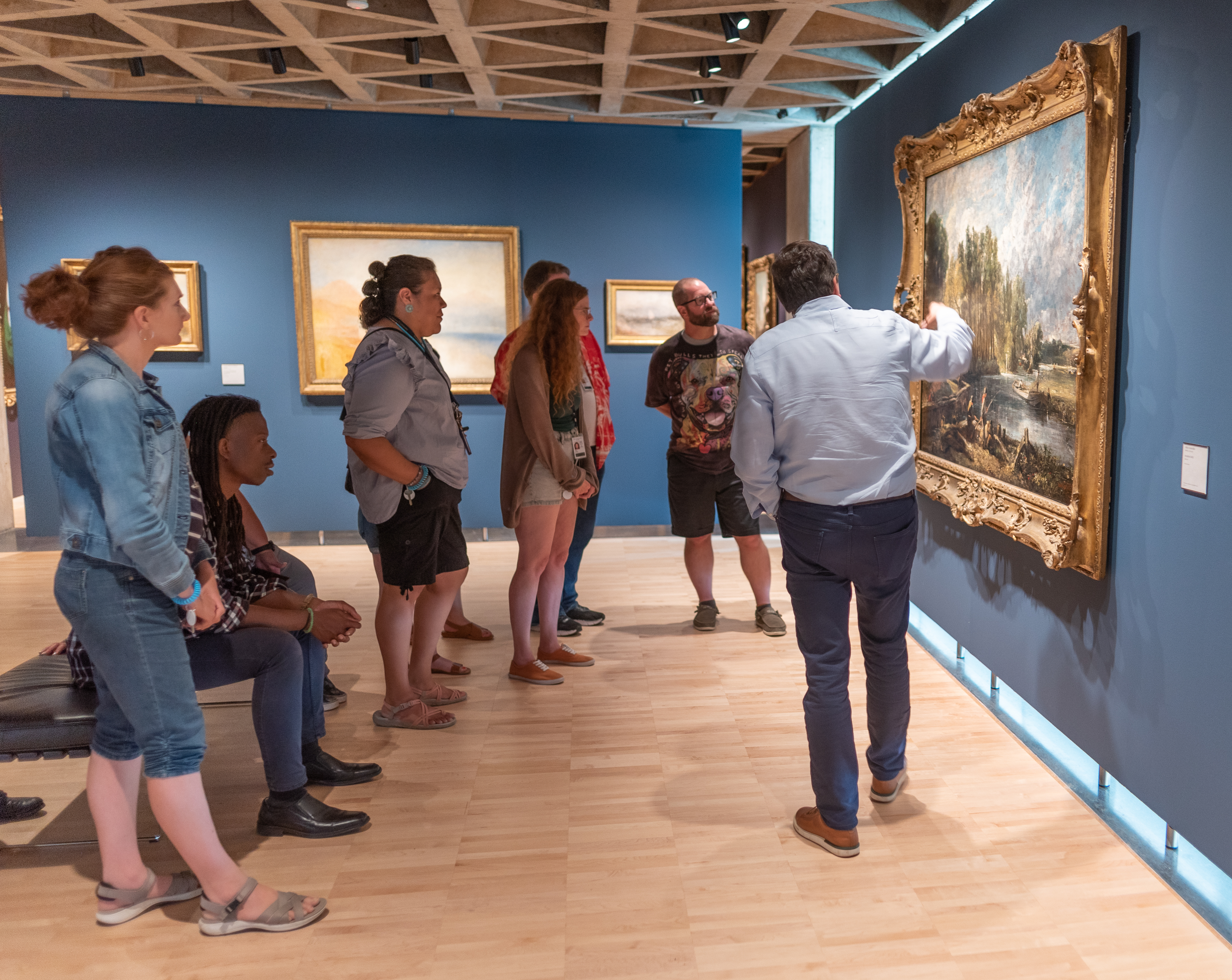- Login
- Home
- About the Initiative
-
Curricular Resources
- Topical Index of Curriculum Units
- View Topical Index of Curriculum Units
- Search Curricular Resources
- View Volumes of Curriculum Units from National Seminars
- Find Curriculum Units Written in Seminars Led by Yale Faculty
- Find Curriculum Units Written by Teachers in National Seminars
- Browse Curriculum Units Developed in Teachers Institutes
- On Common Ground
- Publications
- League of Institutes
- Video Programs
- Contact
Have a suggestion to improve this page?
To leave a general comment about our Web site, please click here
The Significance of My Great-Grandparent
byAudrelia DugiThis unit will deal with Navajo people enduring unplanned events over the past century. Students will be able to identify the character traits of the heroic, political, ordinary person, and military genres. My students will study a particular person that is associated with one of the four genres. Each student will become a biographer, starting with simple strategies and moving towards more complex interviewing and writing styles. First, students will read short biographies that highlight the four genres that we are studying. This will give them practice identifying characteristics from each genre. Secondly, students will begin by practicing the interviewing process. They will informally interview peers in class and then an elder will be invited to the classroom for students to practice a formal style of interview. The final project will be students interviewing family members about a great-grandparent. This particular assignment will be about a deceased person and this is a touchy subject for Navajos. With practice, guidance and rules taught in the classroom, students will have the confidence to break the barrier about speaking of the deceased.
(Developed for English Basic, grades 9-10; recommended for low level or struggling students in English, grades 9-10)




